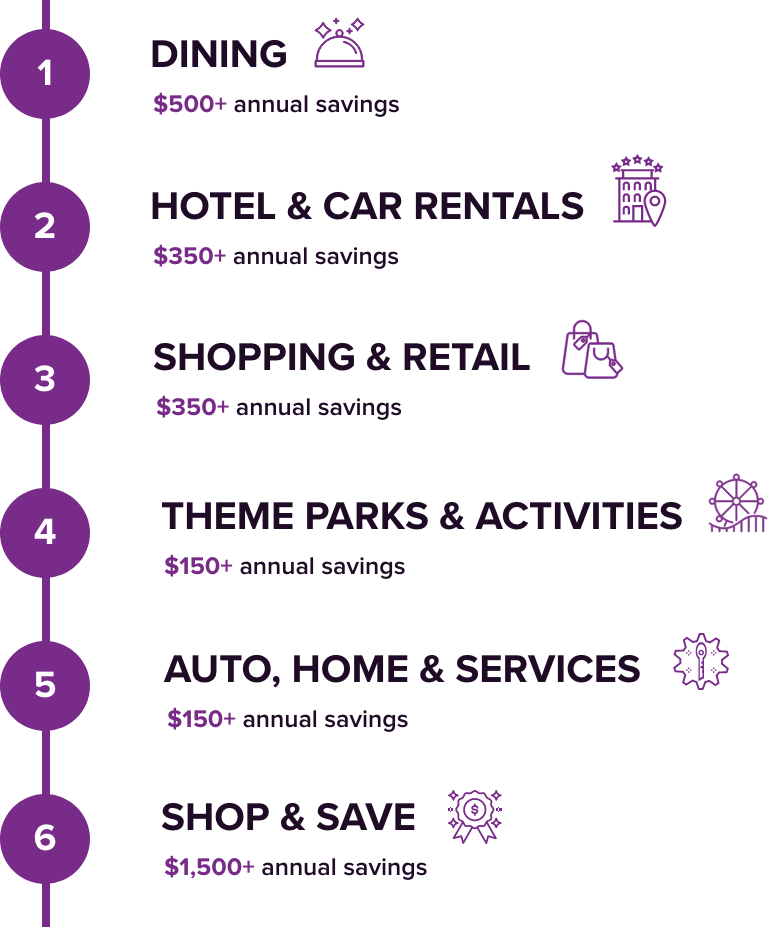Over the next couple of weeks, we are going to look at a few passages in the New Testament and see what we can learn from some of Jesus’ teachings about what true worship and acts of service look like. As Christians and Faith Driven Consumers, it’s important that we stay grounded and biblically faithful in this day and age where we are increasingly becoming a minority and the biblical worldview and way of life is becoming less tolerated. Sometimes we need to step back and evaluate our actions and make sure they are corresponding with biblical values and the teachings of Jesus. This week we are going to consider a passage in the book of Mark where Jesus teaches his disciples that the heavenly exchange rate looks a lot different than the earthly one, and that bigger gifts don’t necessarily equal greater generosity.
Let’s look at Mark 12:41-44:
And he sat down opposite the treasury and watched the people putting money into the offering box. Many rich people put in large sums. And a poor widow came and put in two small copper coins, which make a penny. And he called his disciples to him and said to them, “Truly, I say to you, this poor widow has put in more than all those who are contributing to the offering box. For they all contributed out of their abundance, but she out of her poverty has put in everything she had, all she had to live on.” (ESV)
It’s fascinating when you really consider what Jesus is doing in this passage. He’s in the temple and just sitting back and analyzing the way in which the Jews were coming into the temple and giving their tithes. It’s funny when you consider that these people are in God’s house and giving money to God, and Jesus, who is God in the flesh, just sits there and observes. And instead of doing what we might do if people were coming into our house and giving us money (barely containing our excitement and thanking the people profusely), Jesus simply sits and analyzes their behavior and diagnoses their hearts. Where men would see that and say “wow, what a great man and a generous offer,” Jesus is able to see the motivations behind the action, not just the action itself.
After pointing out the many large offerings clanging around in the box, he draws their attention to a place where no other’s attention is directed: a poor woman shuffling to the offering box to throw in a few coins, amounting to less than a penny. Jesus then declares this woman’s meager gift to be worth more than all the others who had heaped treasures onto the offering table. But Jesus says that others gave out of abundance, while she gave all she had. The small gift, which was a true sacrifice, was worth more than the enormous gifts which didn’t even put a dent in the pharisees’ bank accounts.
What can we, as Faith Driven Consumers and as Christians in 2021, learn from this passage today? While there are many observations one could make, let’s just briefly consider the most immediate lesson Jesus is trying to communicate.
The main point of Jesus’ teaching in this passage is to convey the true nature of giving. Giving is about generosity, love and faith. It’s not about the amount. You could say God is more concerned with the quality of your giving than the quantity of it. While there isn’t a set amount of money you should be giving, we learn that God is most interested in giving sacrificially. While these pharisees and wealthy Jews were giving sizable amounts, they were doing so only because they had so much they could give. Even though the donations looked significant, it was nothing more than a drop in the bucket to them.
But we are called to be living sacrifices. When we become a Christian and make a commitment to follow Christ, we surrender every part of our lives to God and His kingdom. Everything you are and everything you have is supposed to be an offering. So, when you give, God is not interested in the amount of zeros on the check or the amount of bills in the offering plate, He is concerned with whether you are giving out of convenience, obligation, or performance, OR, are you giving out of generosity, love and faith.
Have you been working off of a heavenly exchange rate? Have you been like the poor woman who gave what she had without worrying that she might not have enough for the next day? Jesus teaches us that giving isn’t about the size of your gift; it’s about the size of your sacrifice. As Faith Driven Consumers, we are conscientious about our money and our spending. We exist as the FDC Community to ensure that we are using our dollars well, making an impact in the culture, and glorifying God with our spending. If we are asking ourselves how well we are using our dollars in the marketplace, we should certainly be concerned with how well we are using our dollars in our offerings and our giving. We have a great opportunity, in light of this powerful passage of Jesus’ teaching, to ensure that we are giving in a way that demonstrates a sacrificial love for God and His sovereign plan. And as sons and daughter of the King, we have real skin in the game and an amazing opportunity to invest in the kingdom to come.
(Don’t miss Part 2 of this blog entry coming next week.)

